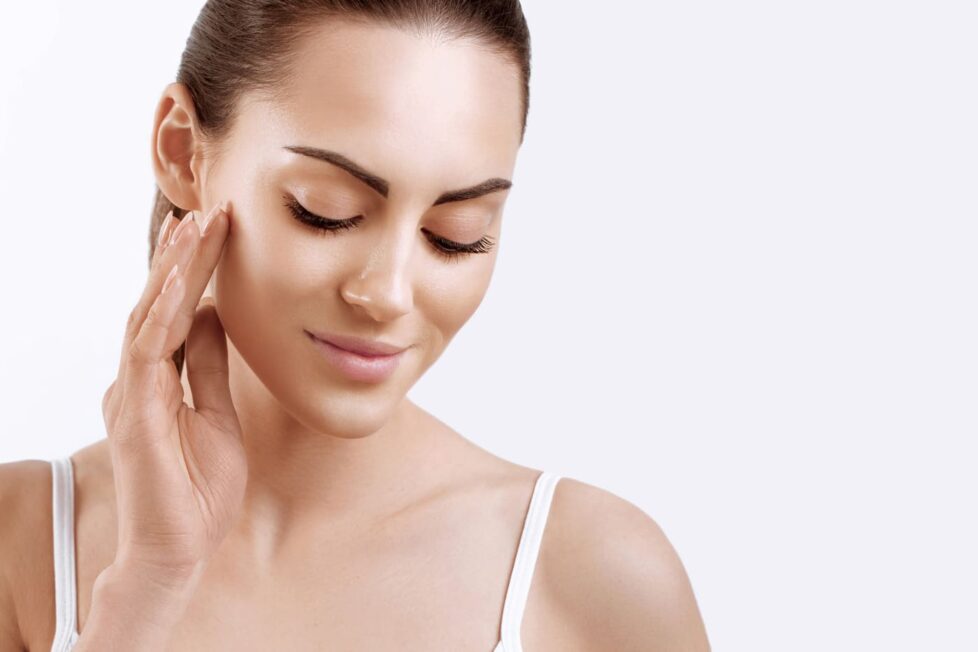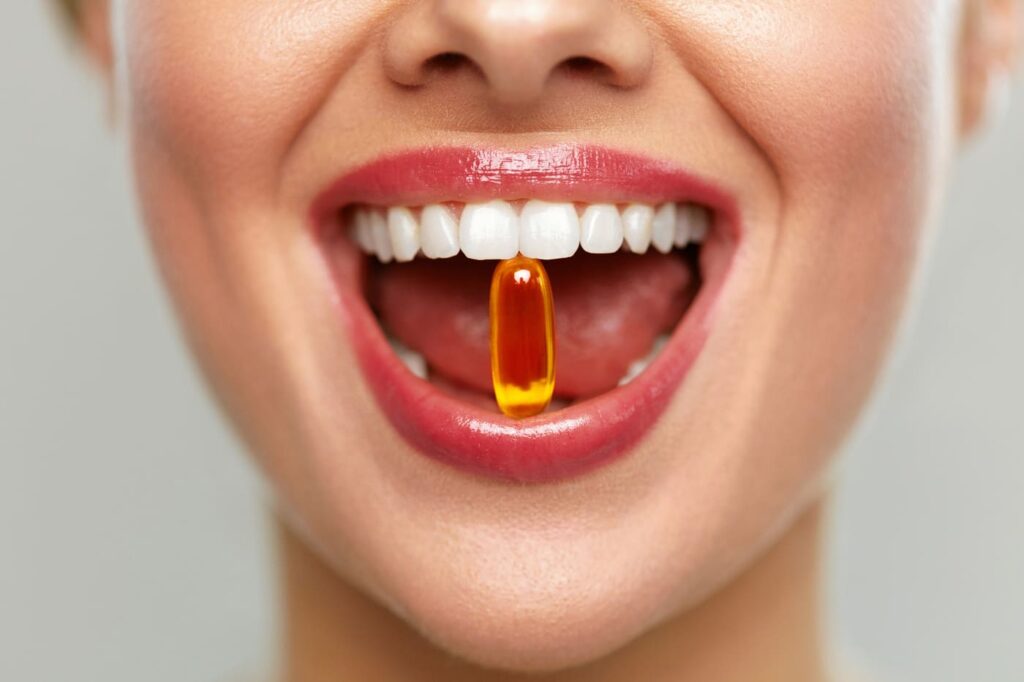These supplements are important for a healthy skin glow
What you eat, the vitamins, nutrients and supplements your diet provides, can have a dramatic impact on the look and feel of your skin.

What you eat, the vitamins, nutrients and supplements your diet provides, can have a dramatic impact on the look and feel of your skin.

Beauty begins from within. Your diet makes a huge difference in the appearance of your skin, and adding particular supplements to your diet can dramatically change how your skin looks and feels. Many supplements can be applied topically to the skin with creams and serums — but taking vitamins orally, whether it’s through your diet or in the form of supplements, allows them to work their magic all over your entire body instead of just your face.
For the most part, we can get all our nutrients, including vitamins, minerals, and probiotics, from our diets—and we should aim for that. But let’s be honest: Achieving optimal levels through diet alone on a daily basis is often not realistic today.
The ones we have chosen to highlight are the vitamins and supplements most helpful in accomplishing an important goals: giving the body what it needs to maintain healthy and glowing skin, and, we should add, healthy hair and nails.

When it comes to glowing skin, vitamin A is a superhero. It helps the production of fresh new skin cells — but that’s not all. Vitamin A contains retinoids, which are compounds that fight signs of sun damage like hyperpigmentation, promote wound healing and cell turnover, and boost the production of collagen. In fact, studies show that people with a higher concentration of vitamin A in their skin look younger than those with a lower concentration.
This fat-soluble vitamin is an antioxidant that stops the production of free radicals when fat undergoes oxidation. In addition to its activities as an antioxidant, vitamin E is involved in immune function, cell signaling, regulation of gene expression, and possibly other metabolic processes. The term vitamin E actually is the collective name for a group of fat-soluble compounds with distinctive antioxidant properties.
Vitamin E is very difficult to consume through diet because it’s not found in many foods and it’s easier to get in the form of supplements. Thanks to being high in antioxidants, vitamin E is great for blood circulation, which can help your skin feel firmer and healthier. Because vitamin E promotes cell turnover and regeneration, it is also sometimes used to treat acne scarring and dry skin. On top of all of its other benefits, vitamin E helps strengthen and protect your skin’s barrier, protecting it from the sun and preserving your skin’s moisture barrier.
You likely already have a healthy helping of vitamin C in your diet — but with how effective this vitamin can be when it comes to your skin, there’s a strong argument for adding more, via either supplements or particular foods. Vitamin C comes with an entire laundry list of benefits to your skin, including brightening and redness reduction, reducing the appearance of under-eye circles, reducing hyperpigmentation, and more.
Vitamin C may also boost collagen production — ideal for anti-aging. Collagen reduces the appearance of sagging or loose skin and reduces the appearance of fine lines and wrinkles. It’s good for more than just glowing skin, too: taking vitamin C can help reduce stress, help shorten colds and flu, and potentially even help protect against strokes.
Actually a hormone, not a vitamin, vitamin D is produced in the skin upon exposure to UV radiation from the sun. It participates in a wide variety of biological actions to promote health, including strengthening bones and increasing calcium levels. In fact, there are receptors for vitamin D throughout the body, which speaks volumes about its importance. Both animal and laboratory studies show that vitamin D protects neurons from the damaging effects of free radicals and can reduce inflammation—all good things in terms of skin health.
A team of researchers at University Hospitals Cleveland Medical Center showed that oral supplementation of vitamin D can quickly reduce inflammation caused by a sunburn. We have evidence now that vitamin D deficiency and the development of melanoma—the most deadly type of skin cancer—are related. And here’s another critical fact: Vitamin D performs a lot of its tasks through its regulation of gut bacteria.
Collagen is the body’s most abundant protein. It comprises one-third of the body’s total protein, accounts for three-quarters of the dry weight of skin, and is the most prevalent component of the extra-cellular matrix. So as you can imagine, collagen continuously undergoes a cycle of renewal (including breakdown and repair).
In fact it’s what makes your skin (and muscles, which are also rich in collagen) particularly adept at preparing cells after damage. Ingesting collagen supplements on the daily can help with the cells renewal process and support glowing skin.
While it’s ideal to obtain your probiotics from fermented foods and beverages like kombucha, there’s nothing wrong with taking a probiotic supplement. Probiotics control the development of the immune system, often shifting the immune response toward regulatory and anti-inflammatory conditions.
This ability to modify chronic inflammatory states means that probiotics may have a role in treating chronic inflammatory conditions, ranging from inflammatory bowel disease to acne, rosacea, eczema, and premature aging resulting from the ravages of UV radiation.
